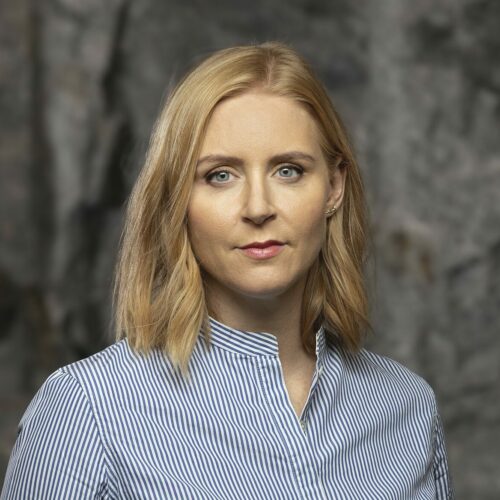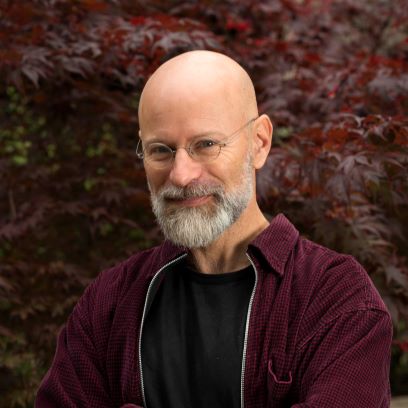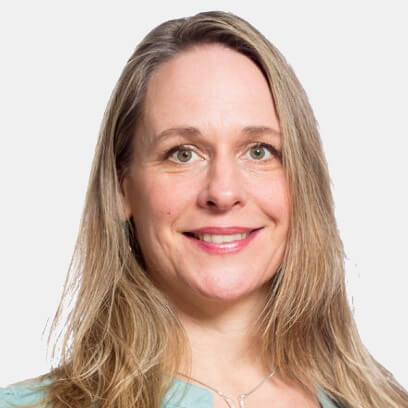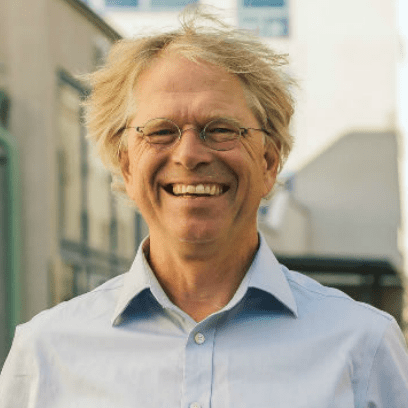This year’s UN international meeting, “Stockholm+50: a healthy planet for the prosperity of all – our responsibility, our opportunity” takes place in an alarming context, facing the intertwined crises of the state of the planet and extreme inequality among people and societies.
Stockholm+50 can become a watershed moment
The Covid-19 pandemic continues to slow or reverse progress. Geopolitical shifts highlight our interconnectedness and vulnerabilities more than ever. The track record to deliver on the ambitions of half a century ago remains poor. We need to leave behind a new legacy: Stockholm+50 can be a watershed moment for unlocking change that is substantial and systemic.
Stockholm Environment Institute (SEI) in collaboration with the Council of Energy, Environment and Water, (CEEW) is launching a new report. The Stockholm+50: Unlocking a Better Future report synthesizes up-to-date scientific evidence and analyses the intertwined human and environmental crisis facing the world today.
“Planetary crises are humanitarian crises, and now collective actions are needed. The urgency is different today from before. Now, we actually have the opportunity, the knowledge and the finances to address the errors and do the right thing for a sustainable and prosperous future for all,” said Dr Ligia Noronha, UN Assistant Secretary-General and Head of the UNEP New York Office, at the launch event.

Key actions to seed change
The report makes 52 recommendations, including actions relevant to the Stockholm+50 meeting. The report presents key actions that can be taken now to seed transformative change and that are needed to redefine the relationship between humans and nature, ensure lasting prosperity for all, and invest in a better future. The report makes further recommendations for improving the conditions for change through:
- improved policy coherence
- strengthened accountability
- renewed multilateralism built on solidarity for our common challenges.
The independent scientific report was produced on request by the Swedish Government to give scientific insights ahead of the UN high-level meeting to be held in Stockholm from 2–3 June 2022.
“Eighteen scientific background papers providing the basis of the report are now being finalized,” said Nina Weitz, Research Fellow at SEI. “Contributors to these papers are research experts from SEI, CEEW, Mistra REES, Mistra Sustainable Consumption and Mistra Geopolitics. These Mistra research programmes are contributing to a total of four background papers and Mistra Geopolitics contributed to two.”
Mistra Geopolitics’ scientific contribution to Stockholm+50
The first background paper, funded by Mistra Geopolitics, was written by lead author Lisa Dellmuth, Professor of International Relations and David Fornborg Research Assistant, both at Stockholm University and active in Mistra Geopolitics. The paper “The elite–citizen gap in international organization legitimacy: lessons for the United Nations” covers multilateralism and how the UN could work more strategically to generate trust, thereby enhancing the democratic accountability and effectiveness of UN environmental policy.
The second paper “Still One Earth“, funded by Mistra Geopolitics and written by David Michel at the Stockholm International Peace Research Institute (SIPRI), focuses on the role of disarmament in the Stockholm Declaration of 1972 and its links to ongoing international environmental cooperation.
What is needed for the UN’s environmental policy to become more effective?
How can international organizations, governments, and civil society work on creating a common understanding of environmental issues and their solutions? In the first Mistra Geopolitics Stockhom+50 background paper, Dellmuth and Fornborg map legitimacy beliefs toward six key international organizations, among them the UN, drawing on uniquely coordinated elite and citizen survey data from Brazil, Germany, the Philippines, Russia and the US.
Based on recent research, they find a notable elite–citizen gap for all six organizations studied, in four of the five countries, and for all six different elite types.
“The UN is not really suffering from a ‘broad crisis of legitimacy’, but it does not have the strong support from citizens and societal and political leaders of the five countries studied in the background paper needed to further deepen global environmental cooperation,” said Dellmuth, Professor of International Relations and Team Lead within Mistra Geopolitics.
Dellmuth and Fornborg discussed their results with a view to three core aspects of the UN Common Agenda: “build trust”, “leave no one behind” and “listen to and work with youth”.
“What is needed for the UN’s environmental policy to become more effective is to better include different social groups, to respect and use their knowledge. We also need to create conditions for people to be able to critically examine and perhaps even engage in international politics,” they said.
Three proposals for building trust in the UN are made: prioritizing raising awareness about the legitimacy gap, communication about UN procedures and performances and engagement with young people for the sake of more legitimate policy solutions. “The UN’s build trust theme in the ‘Common Agenda’ is an important step forward in the work of strengthening citizens’ and elites’ trust in international organizations,” explained Dellmuth.
“Without faith in the UN’s legitimacy to address today’s major environmental problems among citizens and leaders, the UN will find it difficult to mobilize the energy and resources needed for states, with the help of the UN, to jointly solve problems.”
Thomas Nilsson, Programme Director at Mistra (the Swedish foundation for strategic environmental research), commented on the research programmes contributions to Stockholm+50.
“It is positive and exciting that our research programmes, which contribute important knowledge and results that are primarily useful in Sweden and EU contexts, are now having a global reach,” he said. “It is also beneficial for the programmes to weave in different perspectives and conditions in an international context.”
News text written by Ylva Rylander, Communications Officer at Mistra Geopolitics at SEI and Lisa Dellmuth, lead author of the paper. Edited by Vivian Tse, SEI.
Featured scientists and links to the reports

Lisa Dellmuth

Henrik Carlsen

Ylva Rylander




